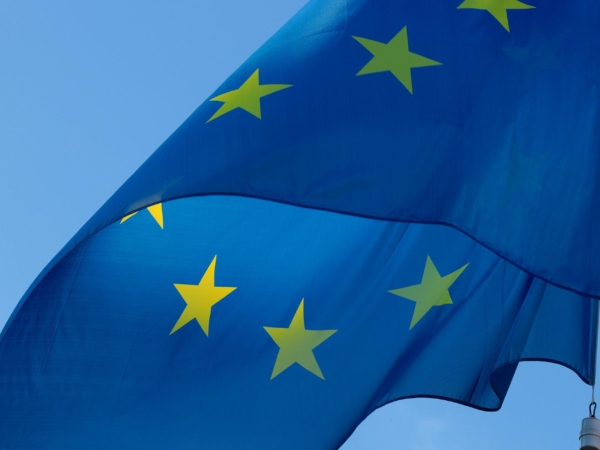US launches sunset review investigation into Chinese-made TBR
On 2 January, the US Department of Commerce announced that it would launch the first anti-dumping and countervailing sunset review investigation into truck and bus tyres (TBR) imported from China. Stakeholders should register a response to the US Department of Commerce before January 12 (within ten days from the date of the announcement). According to the China Rubber Industry Association, the North American trade union organisation USW (United Steelworkers) has submitted a registration to respond.

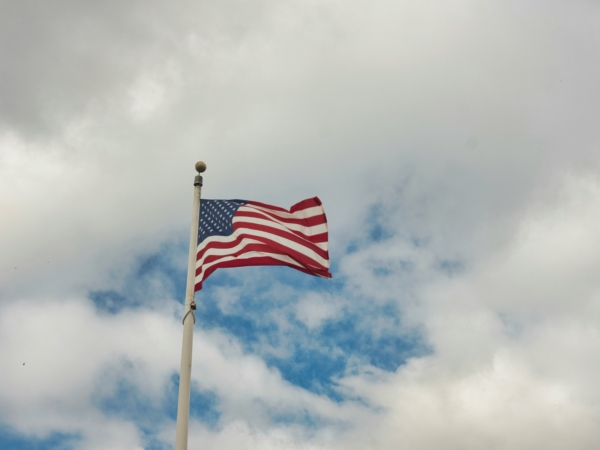 Yuval Zukerman; Unsplash
Yuval Zukerman; Unsplash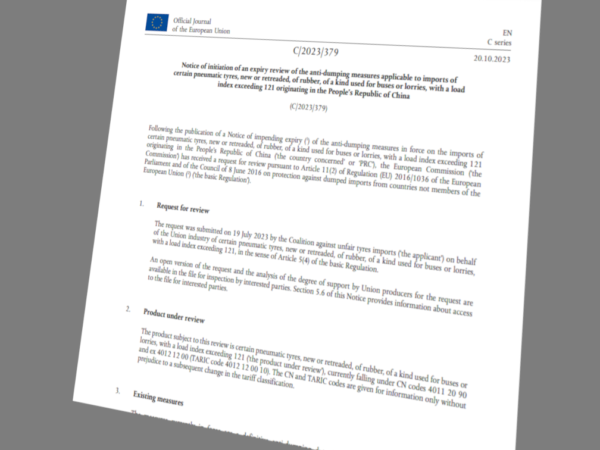
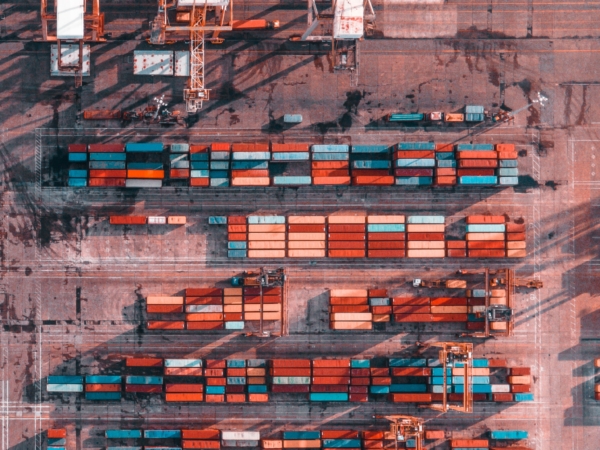 Renaldo Matamoro; Unsplash
Renaldo Matamoro; Unsplash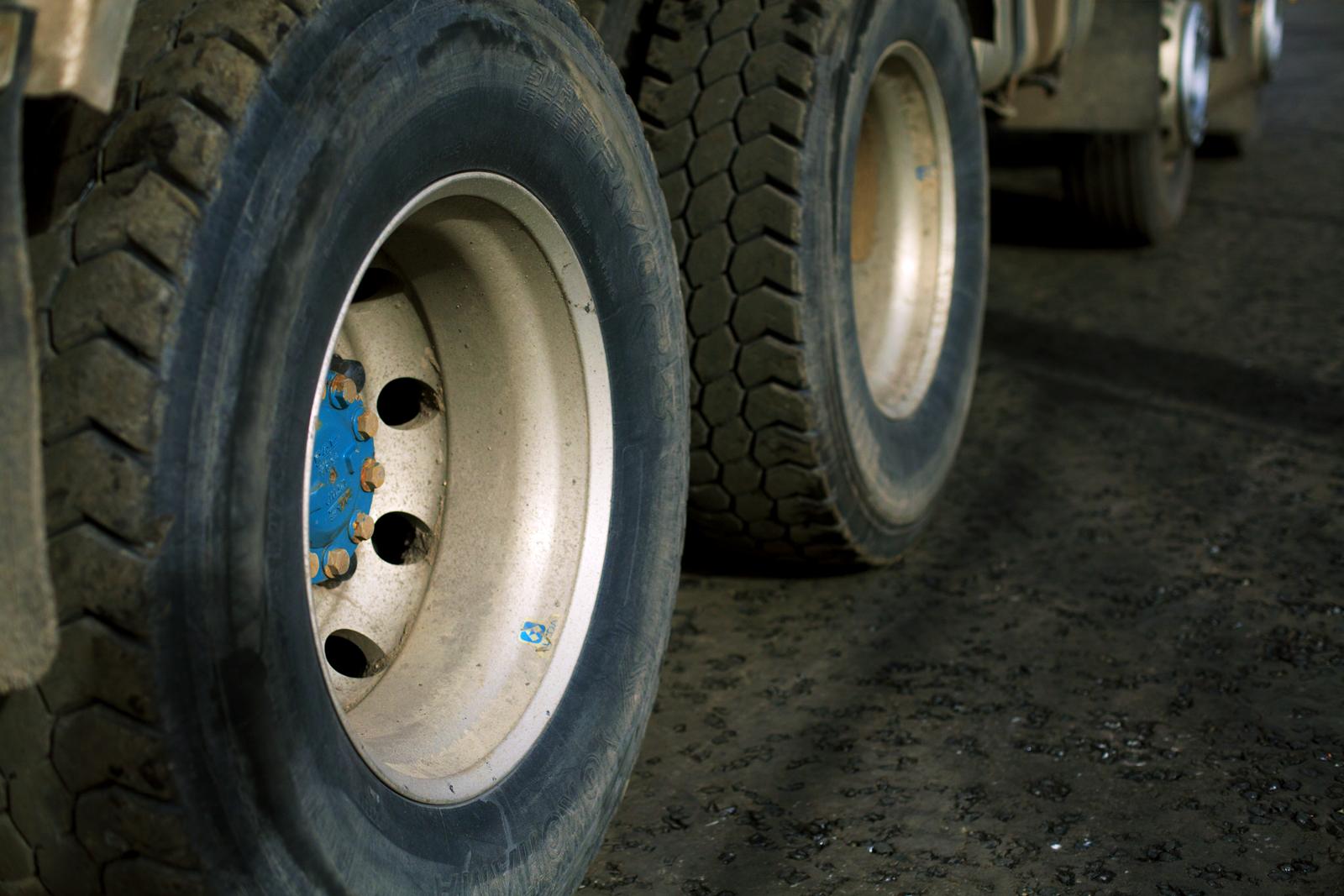
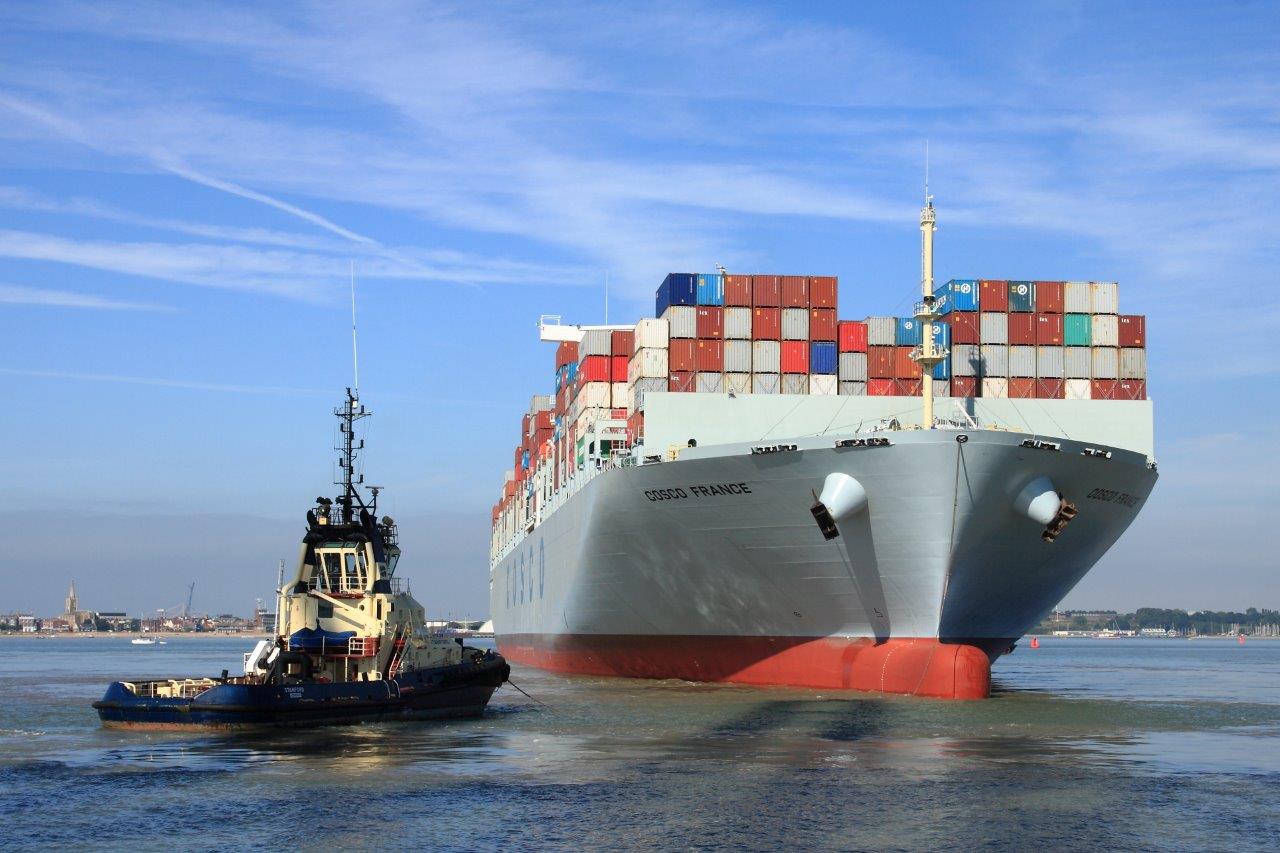
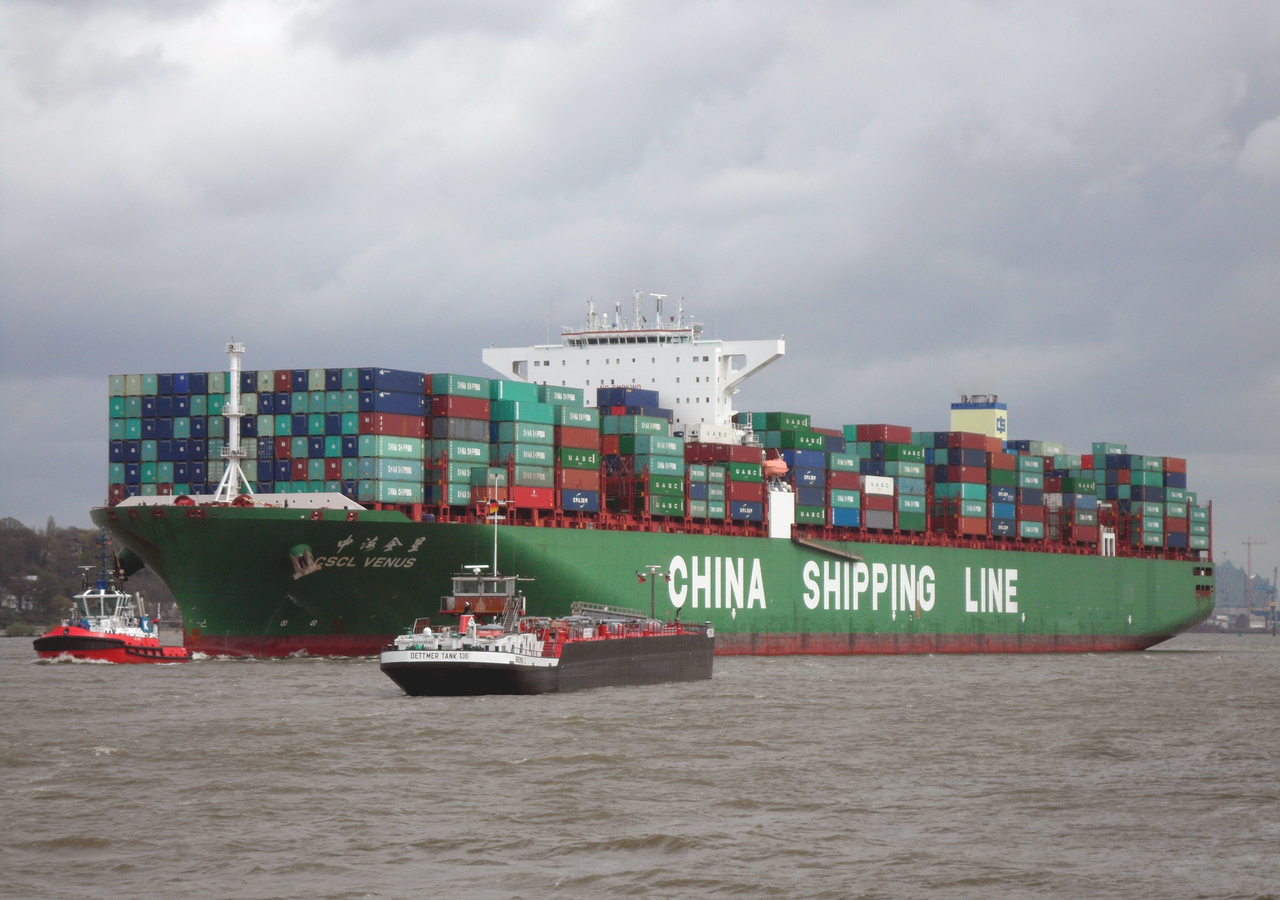
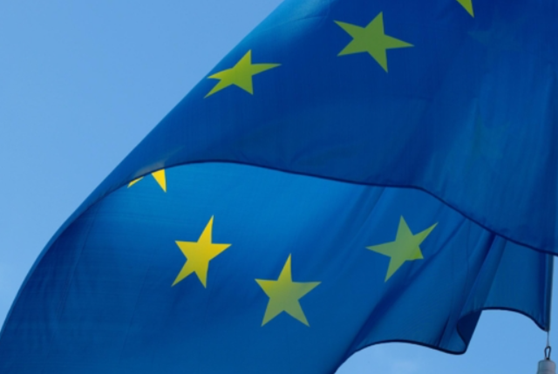 S. Hermann & F. Richter; Pixabay
S. Hermann & F. Richter; Pixabay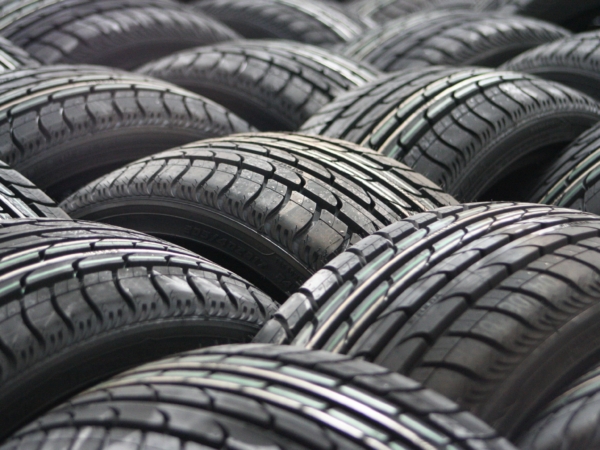
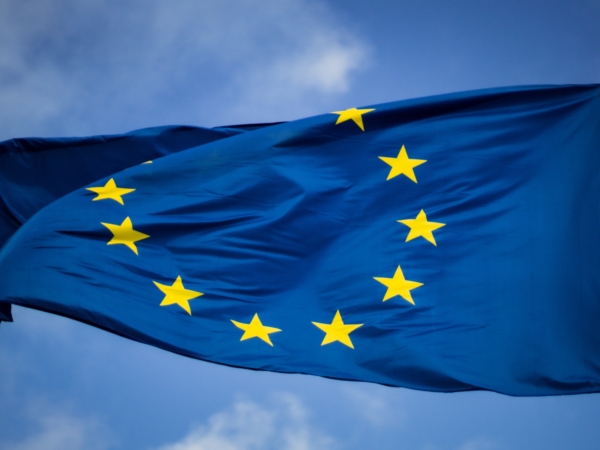 Christian Lue; Unsplash
Christian Lue; Unsplash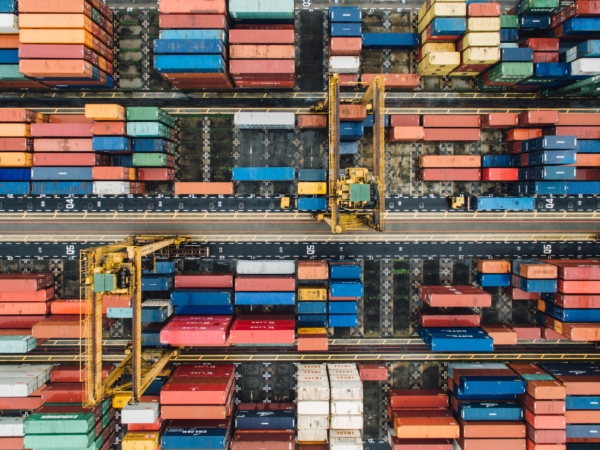 ChutterSnap; Unsplash
ChutterSnap; Unsplash
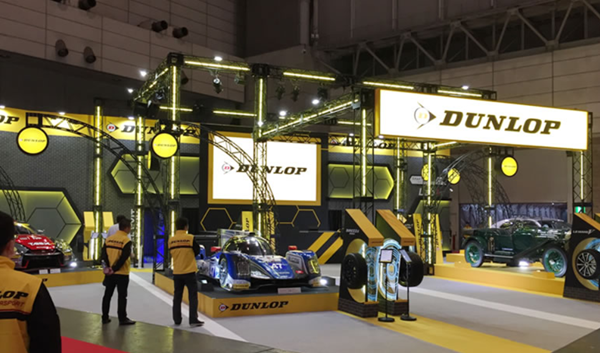 Sumitomo Rubber Industries
Sumitomo Rubber Industries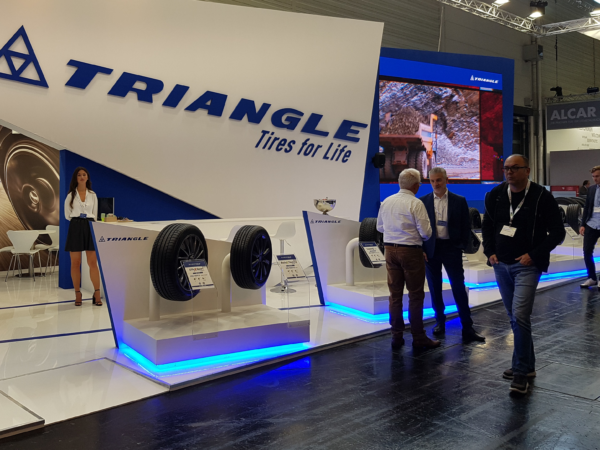 Stephen Goodchild; Tyre Industry Publications Ltd
Stephen Goodchild; Tyre Industry Publications Ltd